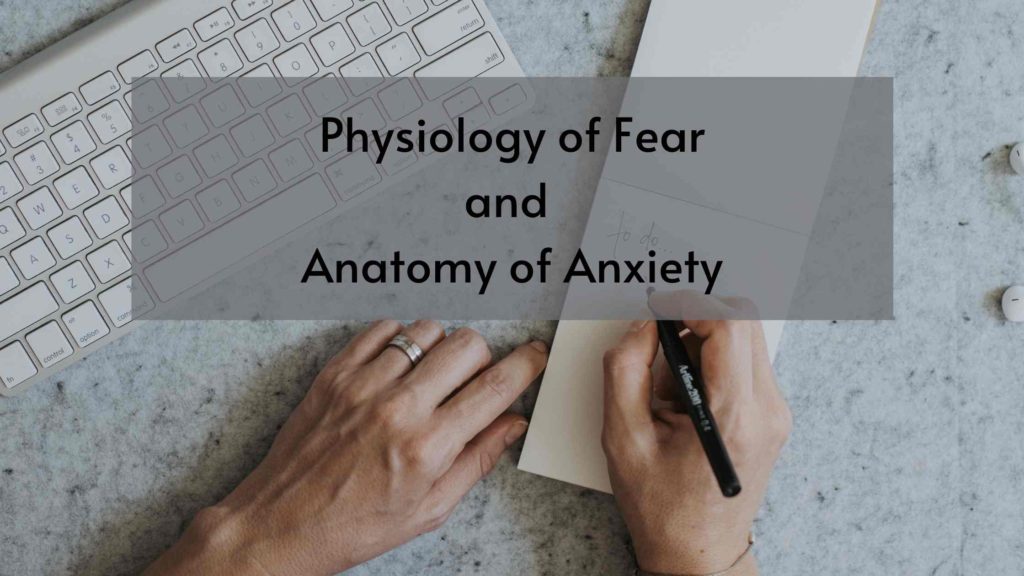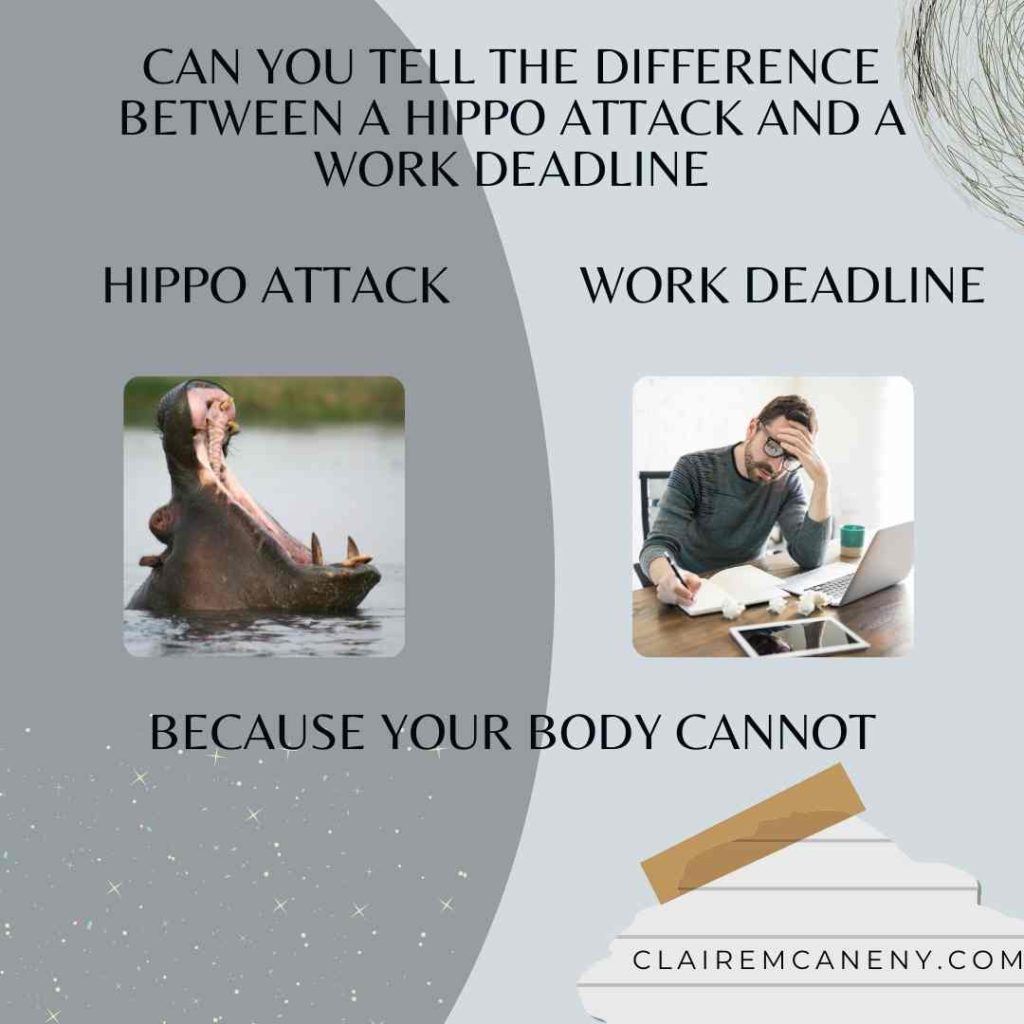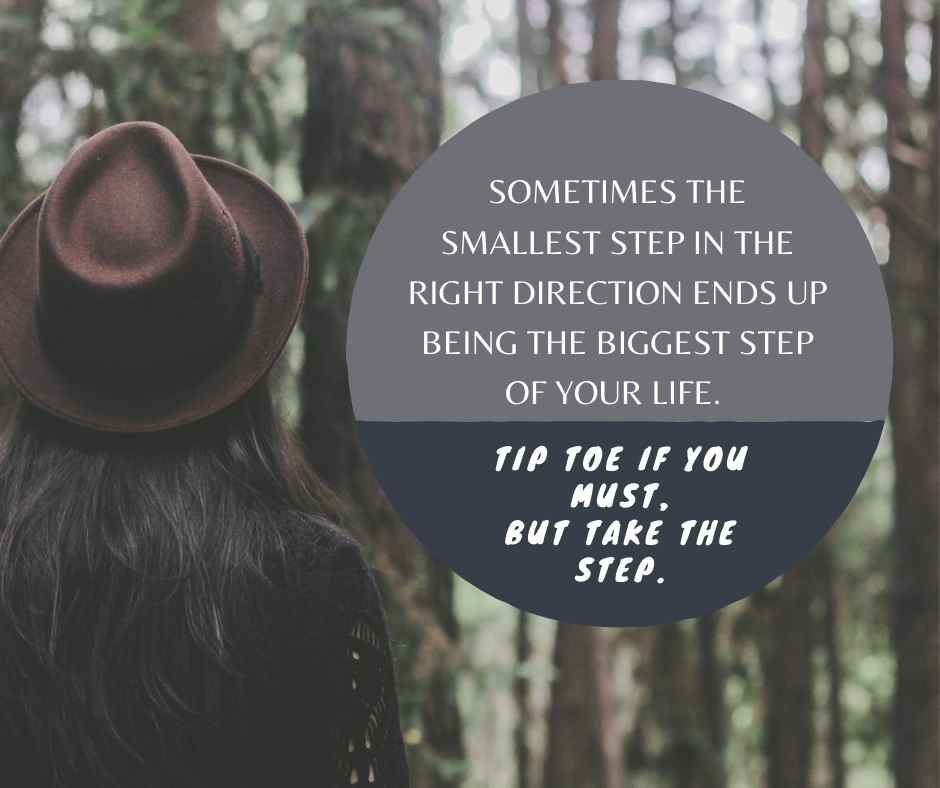How understanding your fears helps your writing

I have written a lot here about how fear can slow down or prevent you from writing. But what is fear? Why do we experience it? Knowing how our bodies react to fear can help you understand it and stop it from affecting your writing.
Fear is not a nice sensation to experience. It makes us vulnerable and we feel like we are in danger. Fear becomes a problem when it prevents us from doing something that we really want to do. Like Writing. One of the reasons writing is difficult is because it is scary to create something and then face potential rejection.
But wouldn’t it be nice to make decisions about our writing from a place of confidence and not fear? For me, my fears have become easier to manage and understand since I discovered WHY we feel fear.
Fear is an Evolutionary Response
Fear and anxiety actually do have a function. Our brain feeds us fear because it is trying to keep us safe.
Fear keeps us alive from an evolutionary point of view so we need to be fearful in certain situations to stay alive. Humans evolved 300,000 years ago but our world has changed drastically since then. But our brains don’t know the difference between running away from a hippo (approximately 500 people are killed by hippos each year) or trying to get an assignment done before a deadline. The reaction of our nervous and endocrine systems is the exact same. We do not have the capacity to deal with psychological or physical fears differently.

The really fascinating part of all this is that we are still discovering exactly which part of the brain is responsible for the feelings of fear and anxiety. Many parts of the brain control different aspects of our fear response.
Physiological Effects of Feeling Scared
When we feel fear or something that scares us we are also put under stress. Adrenaline (epinephrine) and noradrenaline are released as part of our flight, fight, freeze or fawn response.
During this our bodies prioritise our muscles, heart, blood flow and lungs. This all helps get oxygen in faster to get it into the blood to get it to the muscles so our muscles can respond and act. A lot easier to deal with when you are being physically active than if you are sitting at a desk.
Our digestive system and our urinary system are not a priority so less blood is sent to our stomachs, intestines, bladder and kidneys. As a result, we do not want to sit down to full 3 course meals. Eating quickly and foods that we can digest quickly and get into our bloodstream faster are what our body wants. So glucose is what the body needs for this.
Glucose is energy that can be used by our muscles and also our brains. It does not need to be broken down much, unlike complex carbohydrates which have to be worked on by enzymes in our mouth, stomach and small intestine. This takes time and energy for all of those organs to work. The body under stress does not feel like it should give the time or energy to the digestive system until the threat is gone.
So, we reach for snacks full of sugar and we feel good about it, dopamine is released to reward us and make us feel good because we are giving the body the energy it can process and use quickly.
One way of recognising the fight, flight, freeze or fawn response
If you find, like me, that the sugary snacks just happen to end up in your hand without really thinking about it, then you need to give yourself grace. I have tried giving out to myself and being excessively critical. But all that really happened was I put it back and then twenty minutes later I just came back and ate it all anyway. So now, I try to be aware of when it happens so that I can acknowledge that I am experiencing stress.
Pause and think. Do you know what the stress is? Or, if there are a few, which stress in particular is putting your brain into survival mode and making you reach for snacks high in sugar.
How does understanding your fears help your writing?
When we are in fight, flight or freeze mode we are going to find it hard to justify sitting down to write. Or if having to write is stimulating the stress response then it is going to be hard to relax enough to be creative. We are more likely to be critical of our writing and our efforts. So, this would be a good time for revisions or editing.
Reframing Anxiety
Anxiety is a form of energy that needs a different outlet. We become anxious because we want to do good and be better. Becoming comfortable with anxious thoughts and feelings increases your chances of acting on them. Hiding from them just makes them worse and you could end up developing dysfunctional habits to avoid feeling it. (Binge watching a show until 4 in the morning when you have to get up for work at 6 as a random example.)
Trying to manage the situation by avoiding it is known as ‘Master by Avoidance’. As it does not remove the source of the fear or stress it is not a recommended coping strategy.
But avoiding all stress is not the answer. We need some stress to get out of the bed in the morning. The stress of meeting the challenge of getting more words on the page, or of writing down the story idea that you dreamt about.
Mild stressors can actually make you smarter. All of that second guessing and getting ready for the ‘what if’ scenarios help your brain make increased connections and increase your IQ. It is also a form of creativity because creative thinking is needed to find solutions to problems.
If you are dealing with continuous stress you have more than likely developed stress resilience. Your ability to bounce back after stress increases when you regularly meet challenges and overcome them.
Whether stress is good or bad depends on context and mindset. Not all stress is good but not all stress is bad either. Musicians and athletes would definitely benefit from the increased heart rate. It would help with the physicality of their performances.
But sitting still at a desk does not require an increased heart rate. The increased heart rate is neither negative nor positive. It just is what the body does.
We need to reframe the stress and fear for ourselves and our situation. Different situations need different responses.
Action steps so that understanding your fears can help your writing
Acknowledge what you are feeling
Acknowledge that your brain is just trying to keep you safe
But also acknowledge that your brain’s response to sitting down and writing the next sentence of your current writing project is not necessarily correct.
Use affirmations to retrain your thinking e.g. instead of I don’t feel like writing use I only need to write 5 sentences.
